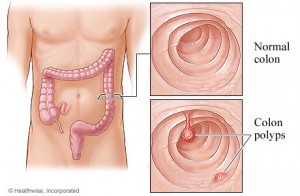Dr Andrea Teng, Dr Melissa McLeod, Professor Tony Blakely, Professor Nick Wilson
We have just published a modelling study on stomach cancer prevention in the international journal BMC Infectious Diseases (1). This blog briefly examines how a possible population screening programme, that tests and treats for infection by the bacteria Helicobacter pylori in the stomach, may be a cost-effective way to reduce the stomach cancer burden and ethnic inequalities in stomach cancer incidence and mortality in New Zealand.



